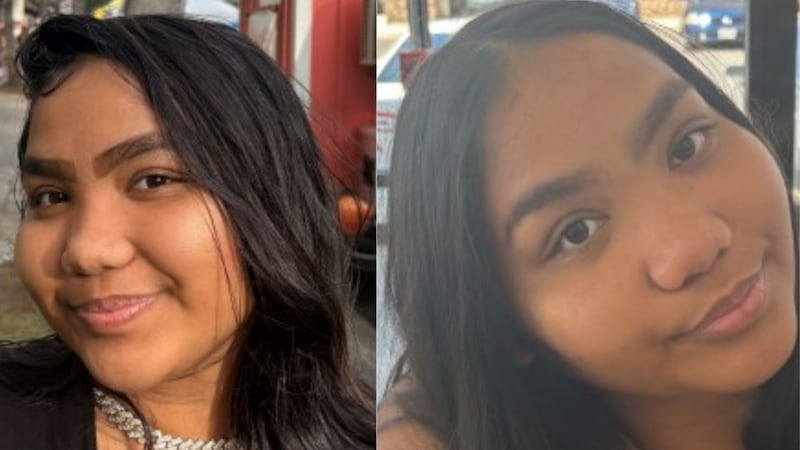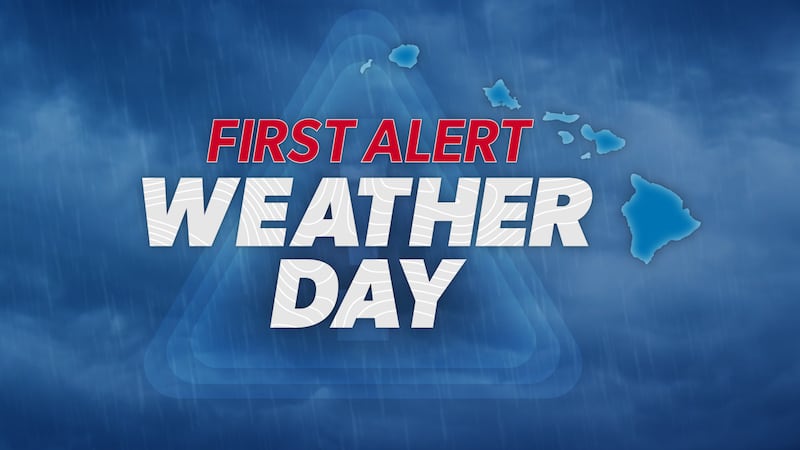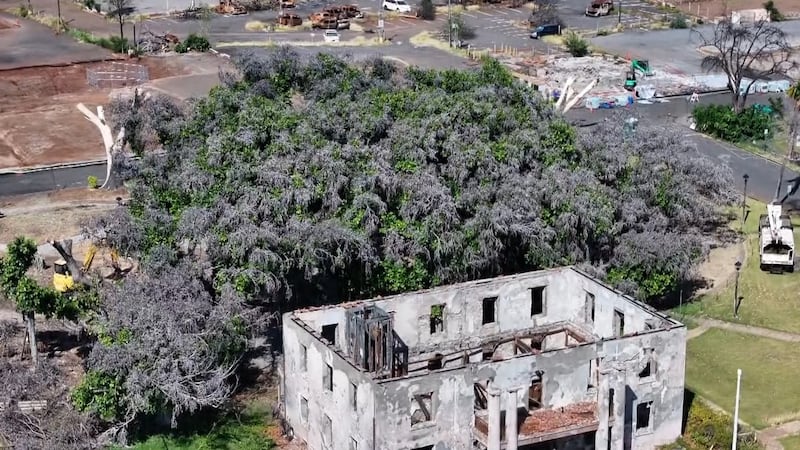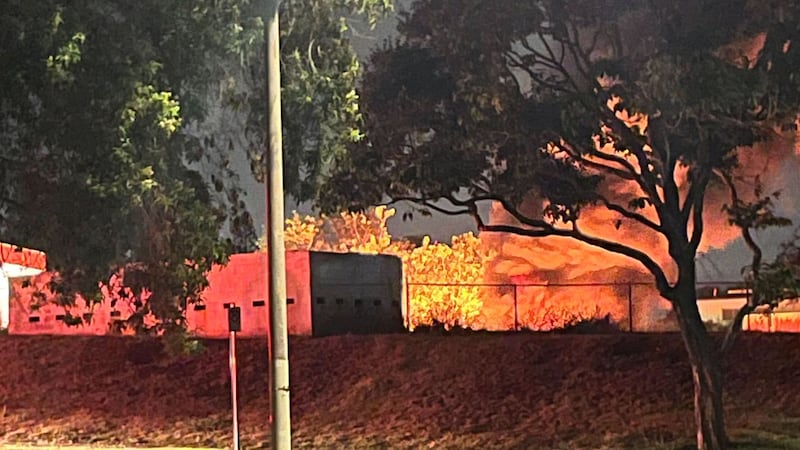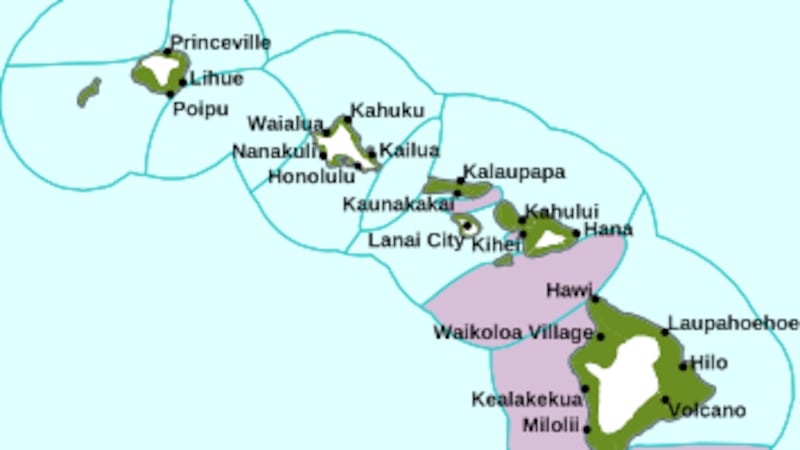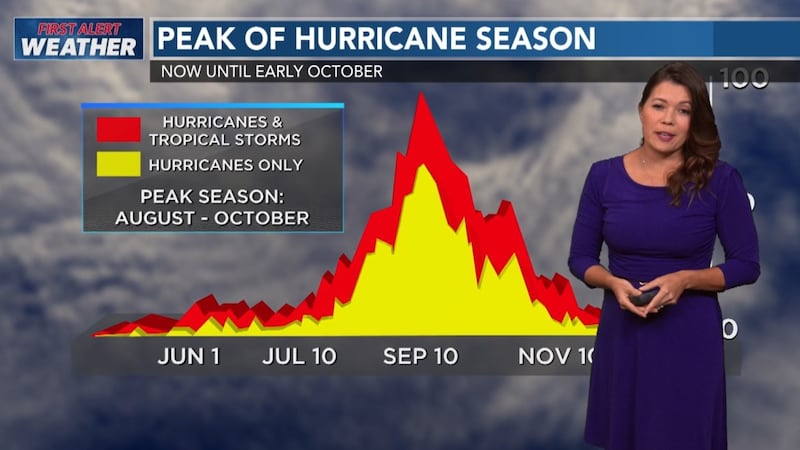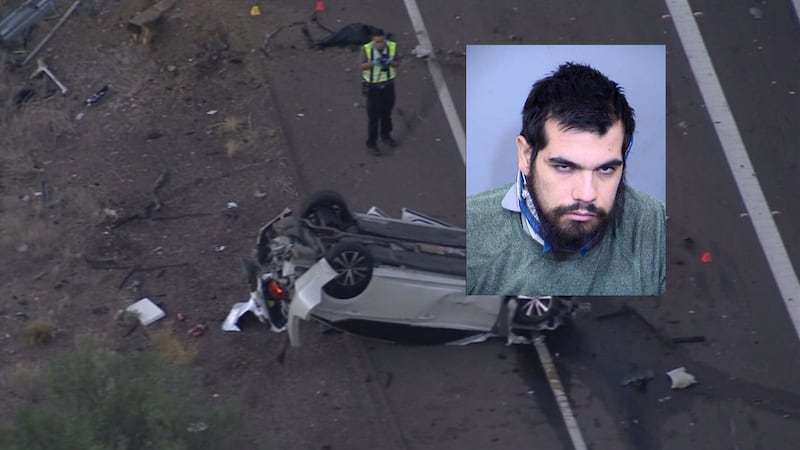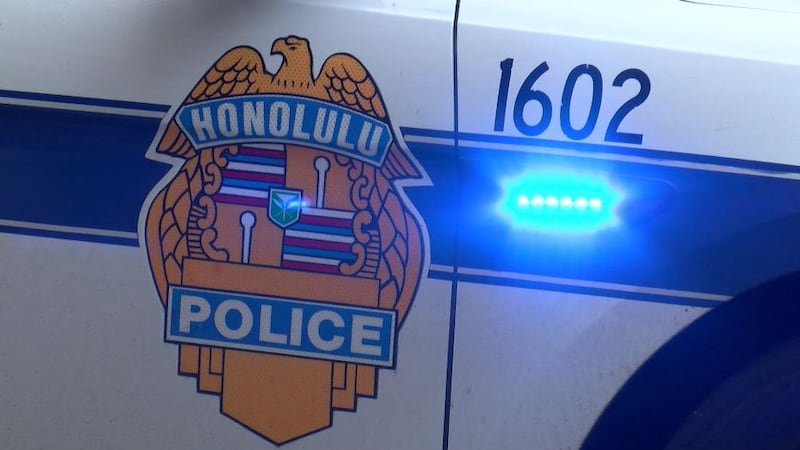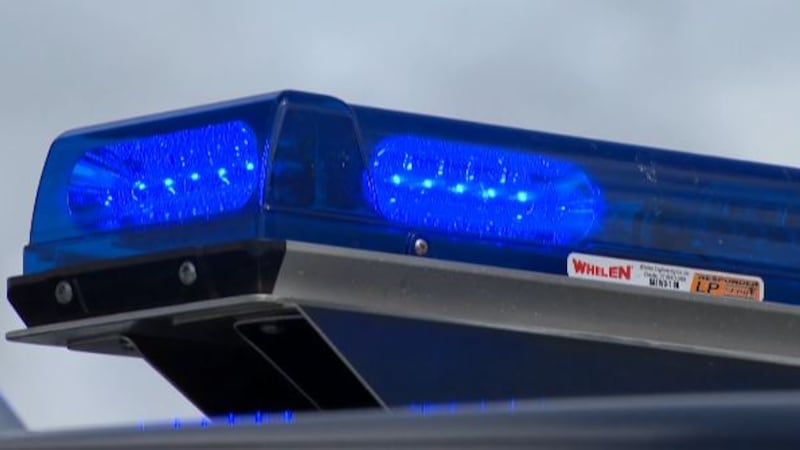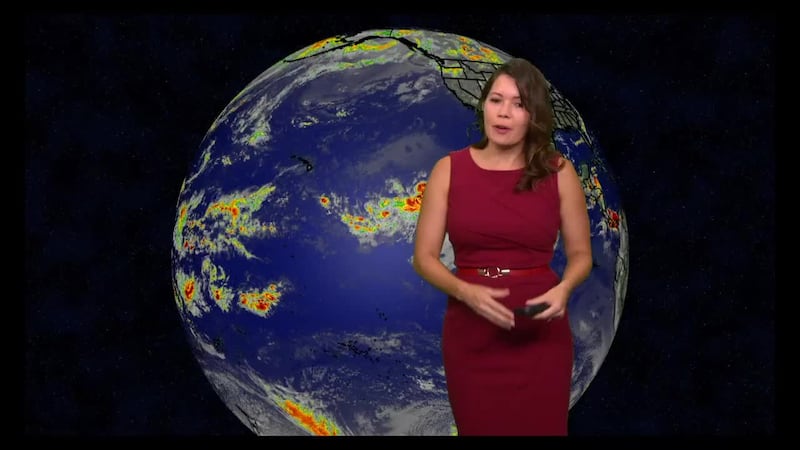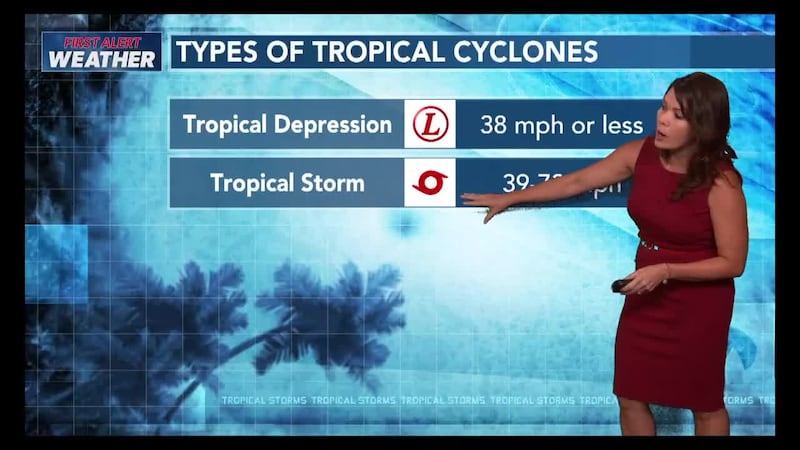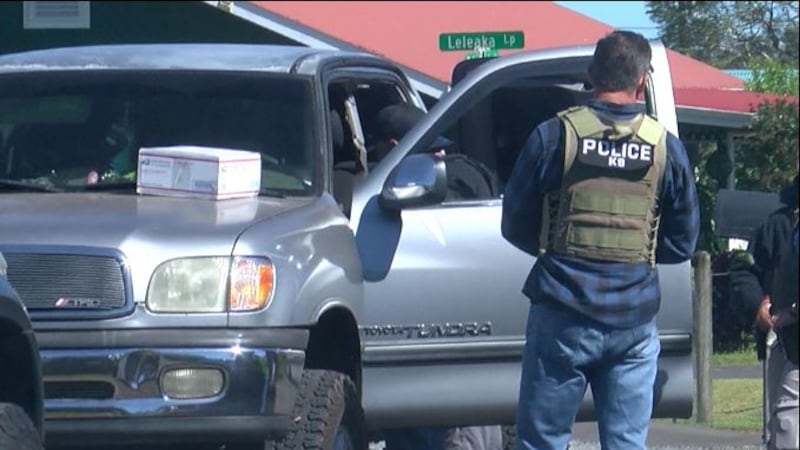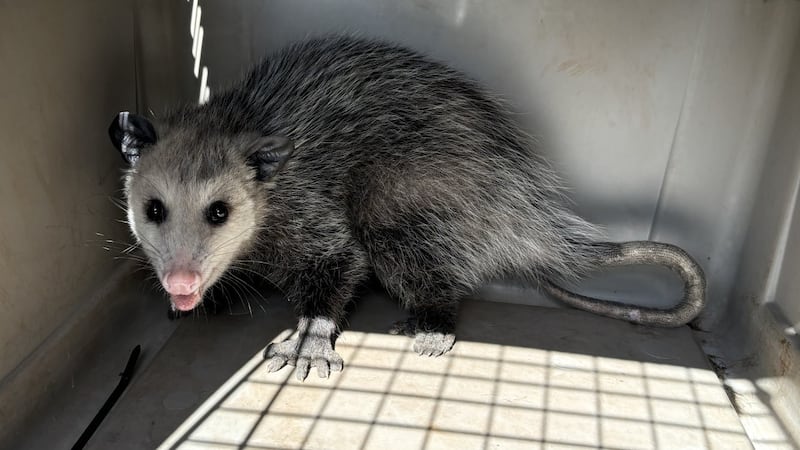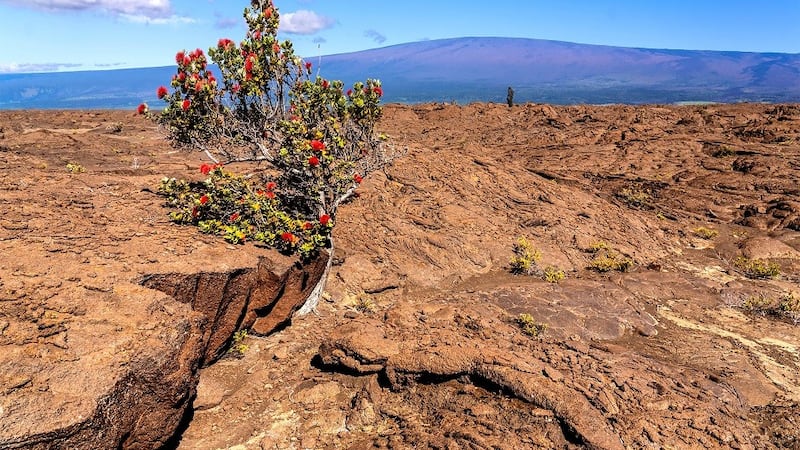Judge rules Maui fire victims will be first in line for global settlement money
HONOLULU (HawaiiNewsNow) - A Maui judge on Tuesday ruled that insurance companies, who expect to pay $1 billion dollars for property damage claims due to the wildfire disaster, will have to wait for potential reimbursement until their customers, the fire victims, have received their award from the $4 billion settlement.
The amount sounds large, but attorneys said the settlement amount was based on how much Hawaiian Electric company could pay without going into bankruptcy. The HEI companies are paying about half of the settlement amount, with the State of Hawaii and Kamehameha Schools each paying over $800 million.
It’s not clear how far the settlement will go toward paying all damages, so attorneys who negotiated the settlement said it would not work unless the insurance companies were forced to seek their portion of the settlements only after victims were “made whole.”
Attorney for the insurers, Vincent Raboteau, said the debate had unfairly vilified insurance companies, who were just seeking what they were entitled to.
“We care deeply about what happened,” he said. “Lahaina is the hole in everybody’s hearts.”
Raboteau pointed out that they’ve already paid $2.3 billion to victims for property damage, lost income and temporary housing. They said they just wanted to make sure they get some of that back — as the law allows.
“We are not some some faceless, global entity that’s coming in to take resources away from the community or back to the mainland. That’s not the case at all,” he said.
But attorneys for the victims, represented in court by attorney Jesse Creed, said the insurers should have to wait until after their clients have been paid for all their damages including pain and suffering, accusing the insurers of taking advantage of their power in the past wildfire cases.
“They sweep in and take the money and just leave the carcass behind,” Creed said.
Insurers claim the state and the entities that were liable for the fire rushed to secretly reach their deal in mediation without even knowing how many victims there are or how much property damage will cost.
Judge Peter Cahill admitted he was just as in the dark as they are.
“I don’t know what’s going on. I don’t know anything!” Cahill said, adding that he really didn’t need to know details at this stage.
But Cahill ruled that the law was clear that the insurers and their clients, the victims, should be working together to get fair compensation from the people who caused the damage.
He said the insurers will have to wait to share in the settlement, by seeking reimbursement from their clients after the victims are paid.
“In my experience every single situation where these issues have come up the cases are always tied together and that is not being done,” Cahil said.
The judge was pleased to learn that families of people who died who applied for quick $1.5 million payouts through the Ohana Fund will still get that amount from the settlement.
But looking ahead he pointed out that the process may be much harder for thousands of other victims with different stories of suffering, quoting Winston Churchill from early in WWII.
“We are only seeing the end of the beginning,” Cahill said. “I have to tell you the settlement to get where you are now may be an easier task than what remains to be done.”
“The matter and mechanism and how it’s going to be done and how it’s going to be divided up remain to be seen.”
The judge did tell the lawyers to try and work together to find a way for insurers to be paid through the settlement process.
Copyright 2024 Hawaii News Now. All rights reserved.
